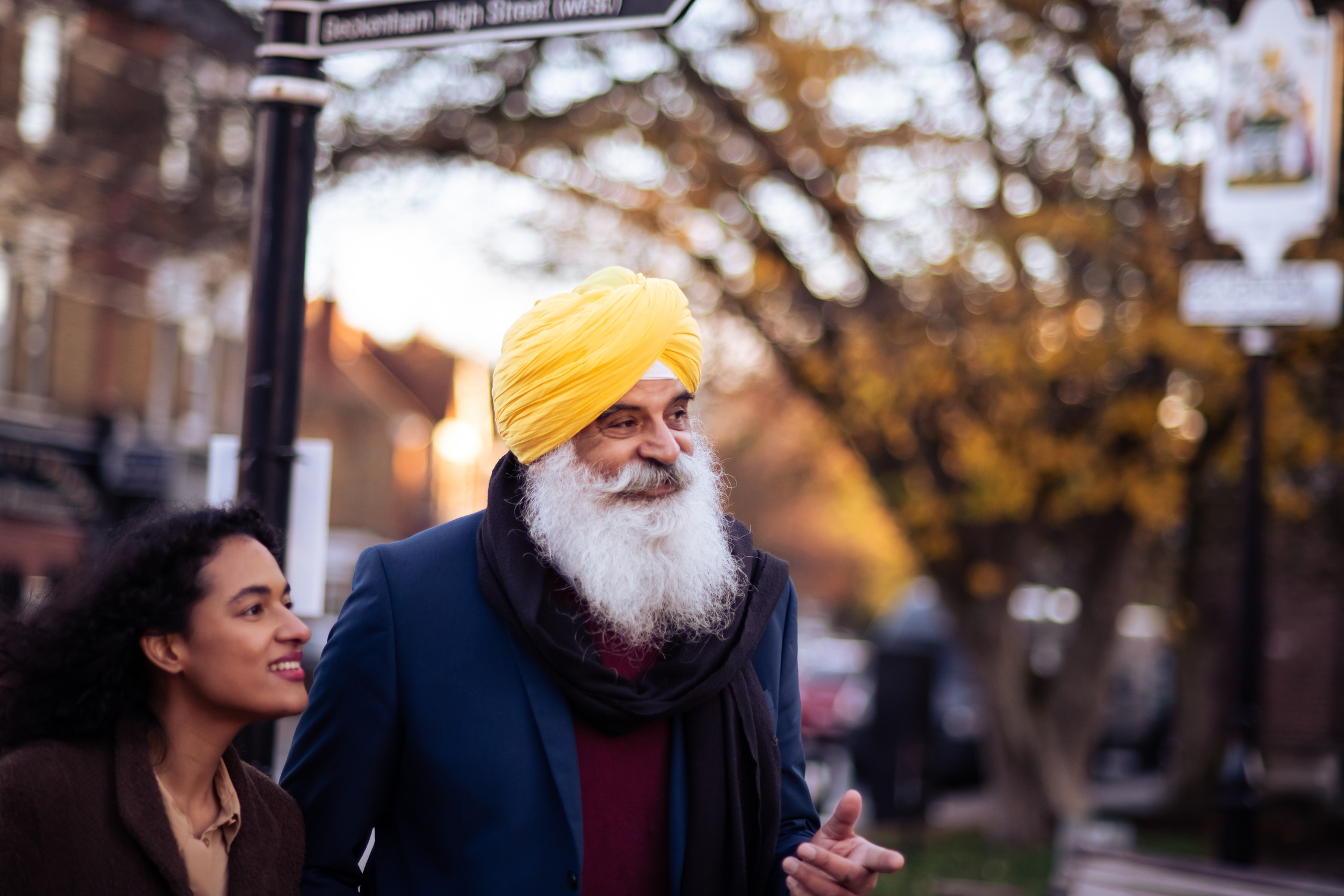We all get older, but we don’t all get wise. I’m interested in Elderhood, a stage of life where we can become the ‘wise elder’ of our community, both local and further away.
I’m reminded of other societies, who don’t follow the Western model. In our communities, people who are old as too often seen as worthless and ignored. In indigenous societies the elders have a role in society. They are looked up to, and their opinions valued.
In these societies there is a recognised role for elders – they develop wisdom and serve the community. Training for the role of elder is embedded in the social fabric – as people aged, they were expected to learn the values and traditions of the community and be prepared to serve as mentors to the younger generations.
In our later years, to me this is in our 60s, but I don’t think there is a set age point, a loss of sense of purpose and identity e.g. with retirement can be replaced with the passion that emerges as you step up to the role of elder. I’m interested in how I can support people to reclaim this role.
In the past, the word ‘eldering’ meant handing down religious teachings or cultural traditions from one generation to the next. The elders were society’s caretakers and wisdom keepers. Their role was to bring up their family and loved ones and ensure they understood their place in the community and in history, and to take care of the spiritual aspects or the collective knowledge and wisdom of the group. Younger generations looked to their elders for answers to their problems.
Eldering in the 21st century is not about age and experience presuming to have the answers for younger generations. The traditions and teachings of the past may no longer be relevant or valid in our rapidly changing world. We need new ways of relating and living together that honor what we have to offer each other.
THIS IS FROM WWW.ELDERING.COM
Part of my doctoral research is looking at how people get meaning in life after retirement, I’ll be writing more on this topic over the coming weeks/ months.
